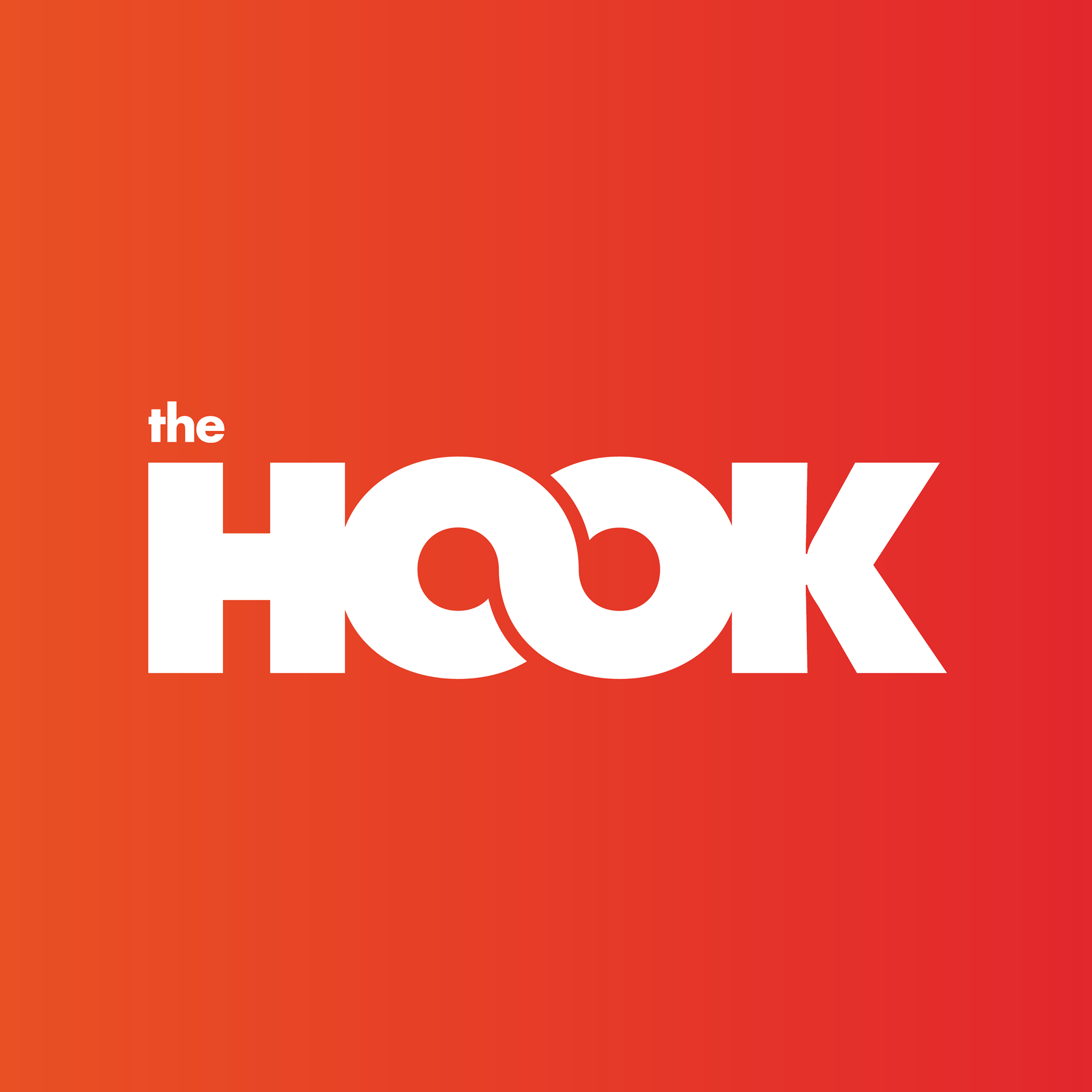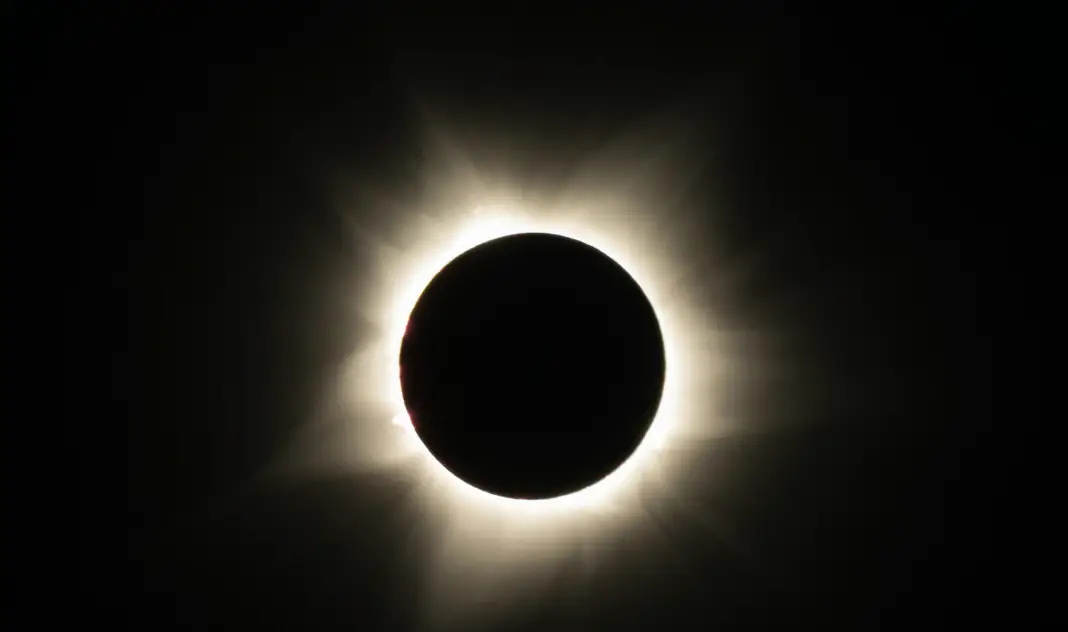Following Monday’s (April 8th) solar eclipse, an intriguing trend has emerged in a particular three-word Google search.
Yesterday, spectators across various regions were treated to the celestial spectacle as the Moon obscured the Sun’s surface. The eclipse traversed a path spanning the US, Mexico, and Canada, commencing from Mexico’s Pacific coast, crossing through Texas, the Midwest, Mid-Atlantic, and New England, before venturing into eastern Canada and eventually disappearing into the Atlantic.
More than 31 million individuals were fortunate enough to witness this rare occurrence, which inevitably led to a substantial number of people gazing directly at the sun.
However, prior to the eclipse, experts emphatically cautioned against direct sun observation, emphasizing the risks even in the case of a partial eclipse. After all, one wouldn’t ordinarily stare directly at the sun, would they?
Experts reiterated the importance of using solar eclipse glasses for safe viewing, as even partial exposure to the sun’s radiation can result in eye damage. According to The Planetary Society, certified solar eclipse glasses offer protection that is 100,000 times stronger than standard sunglasses.
Despite these clear warnings, it appears that some individuals may have disregarded the health advice altogether.
During the eclipse, there was a notable surge in searches for the three-word phrase, ‘my eyes hurt.’
One can’t help but wonder: who neglected to wear their protective glasses?
Similar search terms such as ‘eyes hurt after looking at eclipse,’ ‘my eyes hurt after looking at the eclipse,’ and ‘why do my eyes hurt after looking at the eclipse’ also experienced heightened activity.
This trend raises concerns, reminiscent of the aftermath of the 1999 solar eclipse in the UK, during which thousands of individuals sought assistance from helplines or eye clinics.
The British Medical Journal (BMJ) reported numerous cases of solar retinopathy, a condition characterized by photochemical damage to the retina, nearly a week post-eclipse. Most cases were attributed to unprotected sun gazing, with one particularly severe instance involving prolonged sun exposure of approximately 20 minutes without protection.
Symptoms of solar retinopathy encompass headaches, light sensitivity, blurred vision, eye discomfort, and a blind spot in one’s vision.
If you’re experiencing such symptoms and engaged in direct sun viewing during this week’s eclipse, it’s imperative to seek prompt medical attention.


